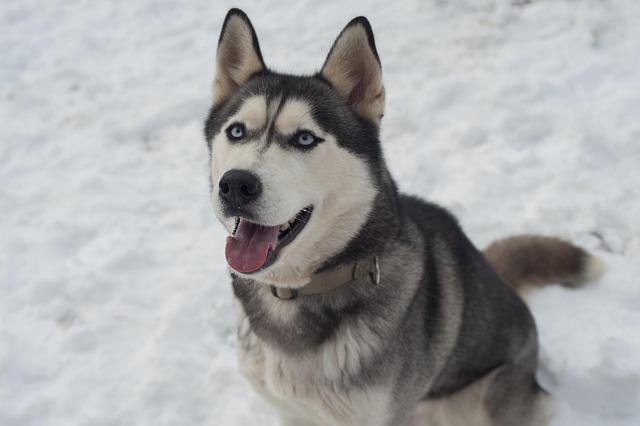
How do i train my dog to be obedient?
Watching your dog dart across the park ignoring your calls isn’t just frustrating—it can put them at risk near busy streets or public spaces.
Dreaming of a pint-sized pup that won’t turn housebreaking into a months-long ordeal? Certain small dog breeds have a natural edge when it comes to mastering the art of outdoor potty breaks. These dogs not only adapt well to apartment living common across many urban areas but also pick up on training cues faster, making the process smoother for both owner and pet.
Maltese dogs top the list for their eagerness to please. These fluffy companions form intense bonds with their owners, viewing successful potty training as a way to earn affection. Their small bladders mean they need frequent trips outside, which actually works in your favor—more opportunities to reinforce good behavior. Just remember to check local leash laws when taking your Maltese out for those crucial training walks, and always carry waste bags to comply with public space cleanliness regulations.
Toy Poodles bring brainpower to the potty training game. Their high intelligence allows them to quickly understand routines, and they thrive on positive reinforcement. Owners often find that using clicker training with small treats helps Toy Poodles make the connection between outdoor pee breaks and rewards. In neighborhoods where pet waste disposal is strictly enforced, a well-trained Poodle saves you from potential fines and keeps communal areas tidy.
 The Bichon Frise’s love for routine makes them star pupils. These dogs respond best to a set schedule, so establishing regular feeding times directly correlates with predictable potty habits. Bichons also have a natural aversion to soiling their living spaces, giving you a head start in training. When socializing your Bichon at local dog parks, be mindful of cultural norms around pet behavior and cleanliness to maintain a positive community presence.
The Bichon Frise’s love for routine makes them star pupils. These dogs respond best to a set schedule, so establishing regular feeding times directly correlates with predictable potty habits. Bichons also have a natural aversion to soiling their living spaces, giving you a head start in training. When socializing your Bichon at local dog parks, be mindful of cultural norms around pet behavior and cleanliness to maintain a positive community presence.
Shih Tzus, despite their regal demeanor, are surprisingly adaptable during training. Their laid-back nature means they’re less likely to resist a consistent routine. Using indoor pee pads as a transitional step can work wonders, especially in households where quick access to outdoor areas is limited. However, always ensure that proper disposal of used pads complies with local waste management guidelines.
While these breeds tend to excel at potty training, every dog has its quirks. Some may master the basics in a week, while others need a few extra weeks of patience. Remember, consistency is key—whether it’s sticking to a schedule or following local pet care regulations. By choosing a breed known for trainability and being a responsible owner, you’ll soon enjoy life with a housebroken small dog who fits seamlessly into your lifestyle.

Watching your dog dart across the park ignoring your calls isn’t just frustrating—it can put them at risk near busy streets or public spaces.

New puppy owners often find themselves rushing to clean up accidents before they set in, and that’s where puppy pad training becomes a game-changer.

If you've noticed your dog's waistline disappearing and your veterinarian has mentioned those few extra pounds, your first instinct might be to simply reduce the amount of food in their bowl.

Training a dog to use a designated spot indoors isn’t as daunting as many new owners fear, but it does take consistency and an understanding of your pet’s needs.

That moment of dread on a walk is all too familiar for many new dog owners. You see another dog approaching down the sidewalk of your neighborhood

If the sight of another dog on your neighborhood walk makes your heart sink as your own dog erupts into a frenzy of barking and lunging, you're not alone.